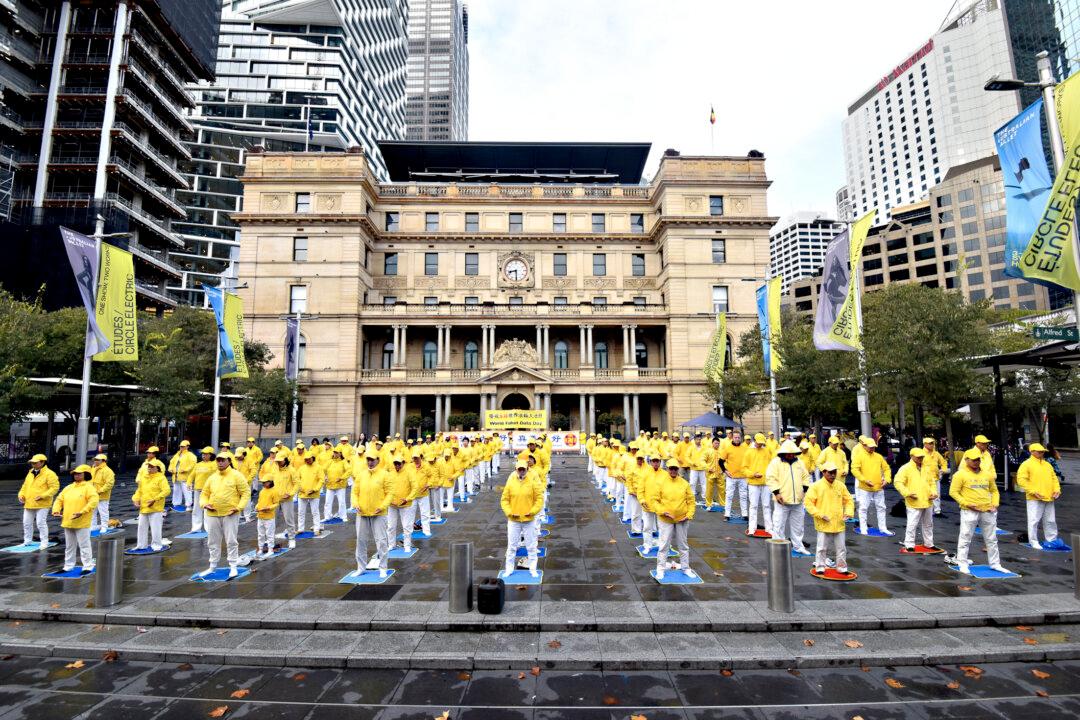The full picture of the economic impact from the CCP virus pandemic has not yet been painted, but recent Australian surveys depicts a bleak prospect for job security, business sentiments, and consumer confidence—all pointing to a gloomy and looming economic downturn.
The latest survey released by the Australian Bureau of Statistics (ABS) on April 20 indicated that the proportion of paid hours worked by adults reduced by 8 percent between the first week of March and the first week of April, just after lockdown restrictions were enforced.





